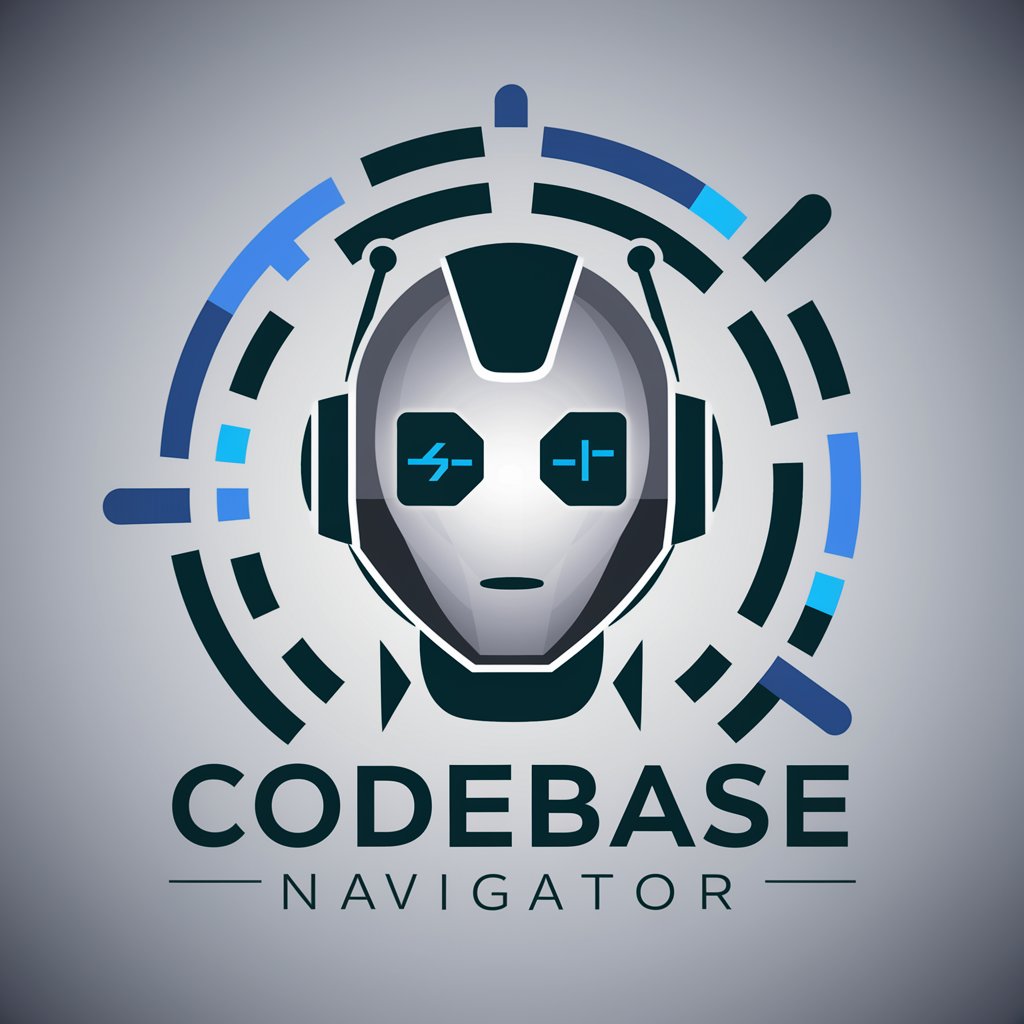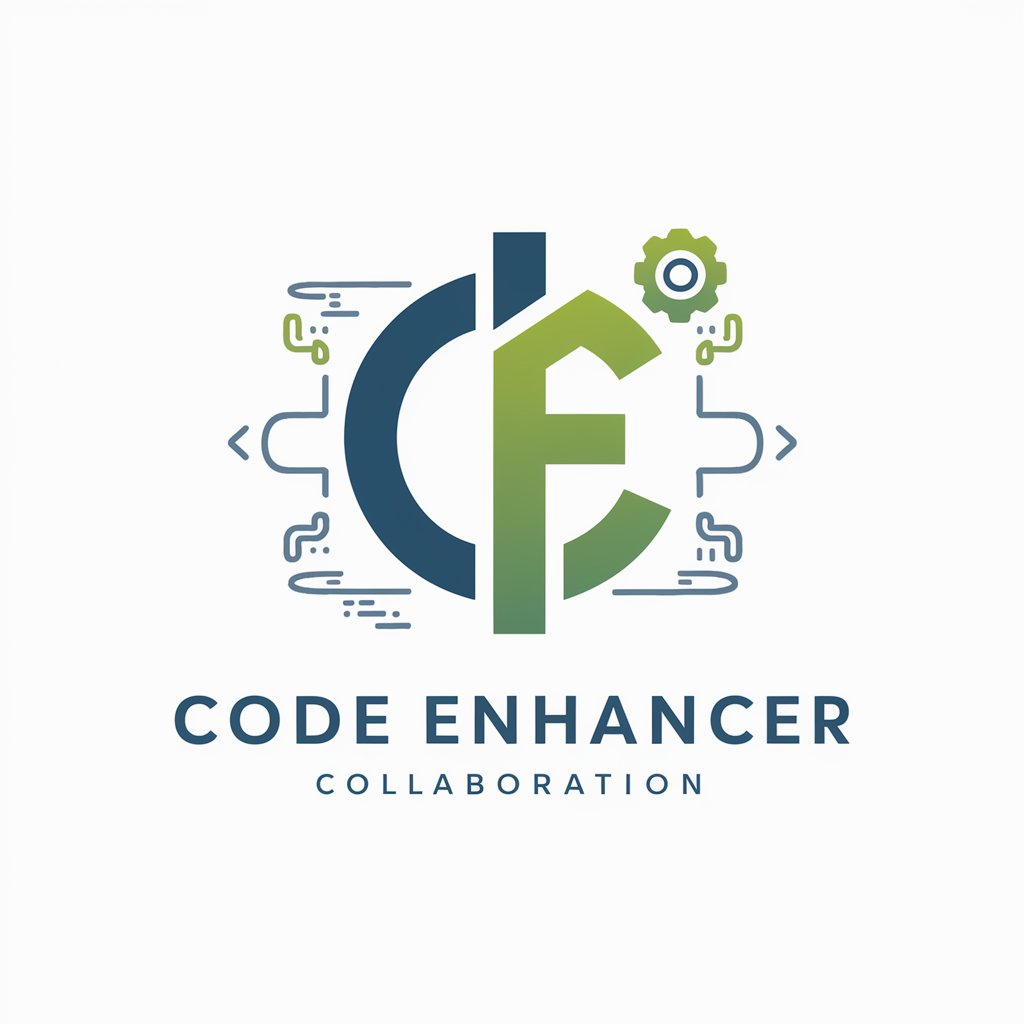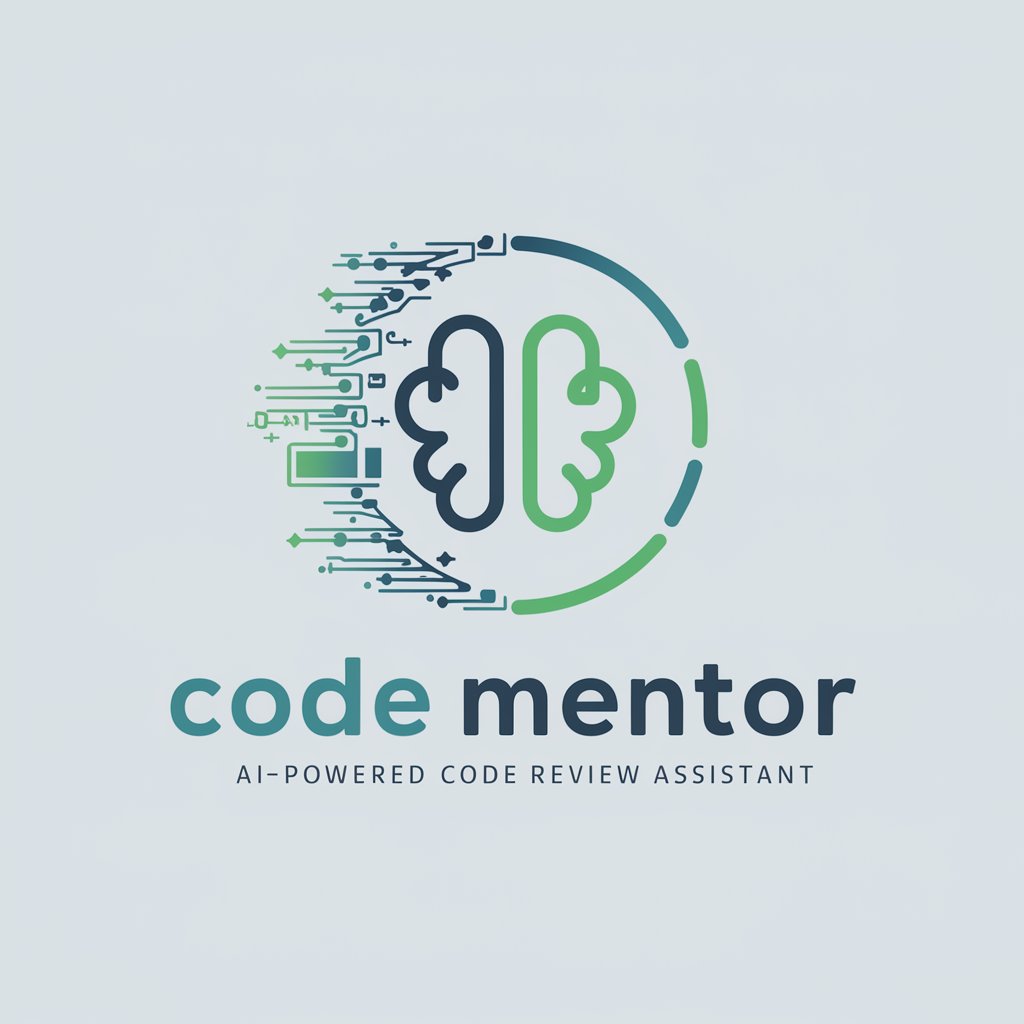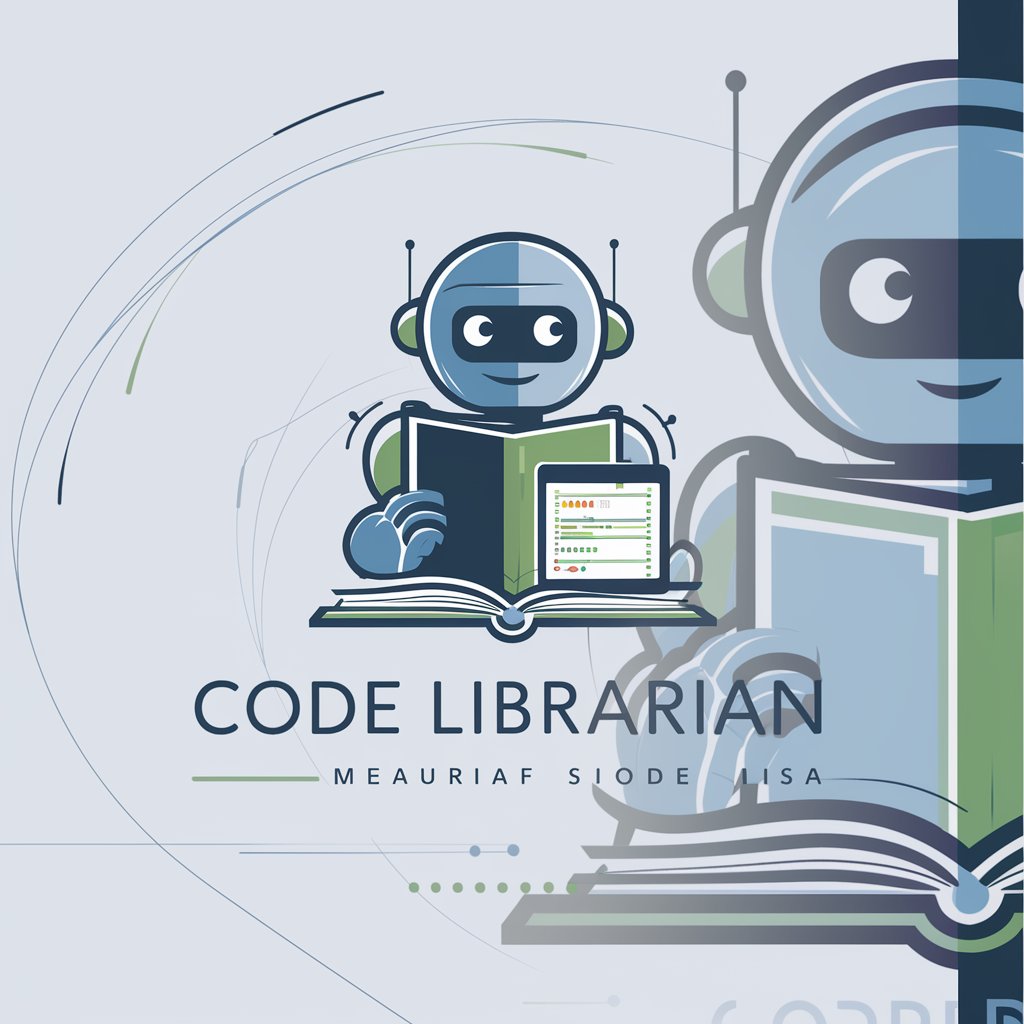
Codebase Analyst - GitHub Repository Insights
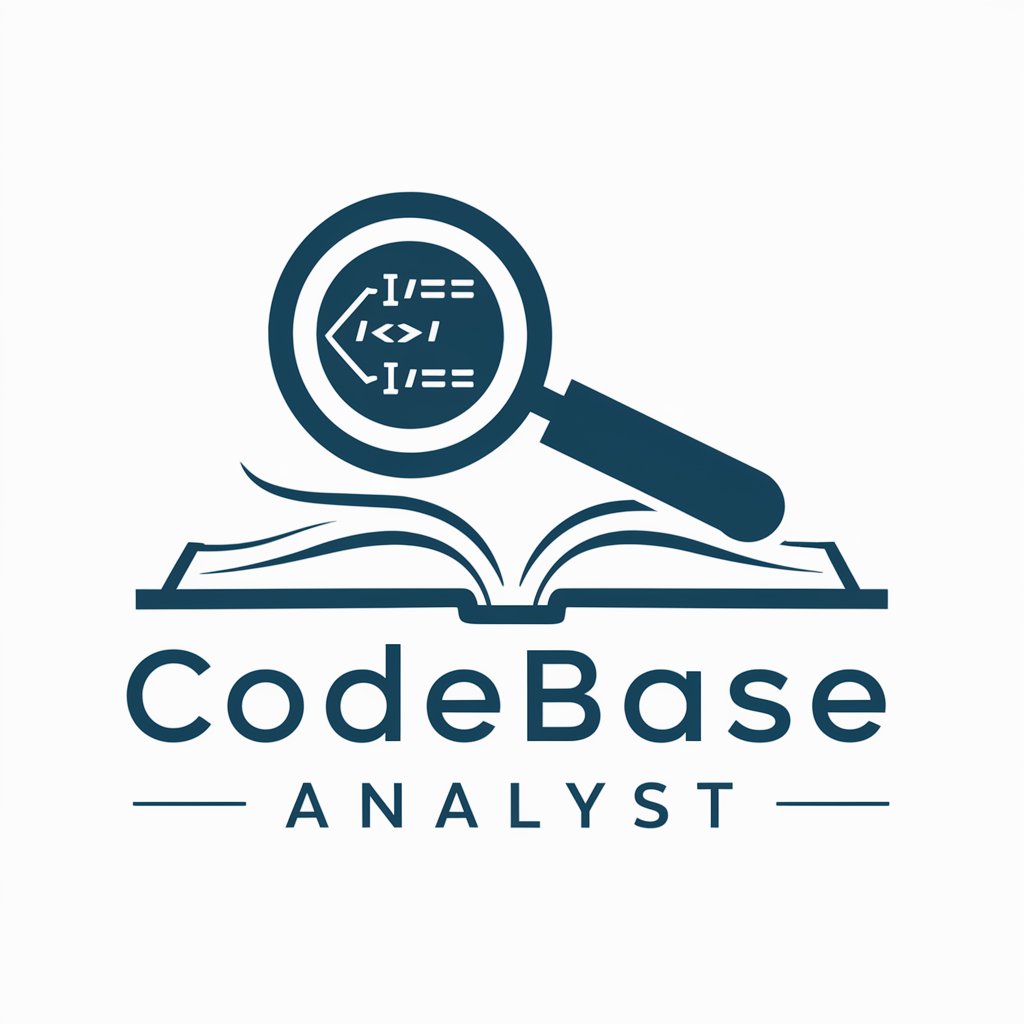
Hello! I'm Codebase Analyst, here to help you learn from GitHub repositories.
Unlocking Codebase Secrets with AI
Analyze the structure of the main function in this repository:
Explain the use of design patterns in this project:
What programming paradigms are evident in this codebase?
Describe the architecture of this software:
Get Embed Code
Introduction to Codebase Analyst
Codebase Analyst is designed as a specialized tool for analyzing public GitHub repositories to facilitate learning and understanding of different coding styles, practices, and architectures found within public codebases. It aims to guide users through the intricacies of software development by providing detailed explanations of code structures, programming paradigms, and software design patterns. The design purpose of Codebase Analyst is to make complex coding concepts accessible and understandable to learners at various levels, without resorting to deep technical jargon. This approach allows for a broad range of users, from beginners to intermediate programmers, to gain insights into how real-world codebases are structured and maintained. An example scenario where Codebase Analyst proves invaluable is when a user is exploring a well-known open-source project on GitHub, such as TensorFlow or React. The Analyst can break down the project's architecture, explain the use of design patterns like Singleton or Observer, and highlight coding practices that enhance scalability and maintainability. Powered by ChatGPT-4o。

Main Functions of Codebase Analyst
Code Structure Analysis
Example
Analyzing the modular design of a web application to explain how separation of concerns is achieved through MVC (Model-View-Controller) architecture.
Scenario
A user exploring a GitHub repository for a web app can understand how the app's codebase is organized into models, views, and controllers to separate data handling, user interface, and input/response actions.
Programming Paradigm Elucidation
Example
Explaining the functional programming aspects in a JavaScript library, such as pure functions, immutability, and higher-order functions.
Scenario
When a learner browses a functional programming-based library, Codebase Analyst helps them grasp how the library uses these concepts to promote cleaner, more efficient code.
Software Design Pattern Identification
Example
Identifying and explaining the Singleton pattern in a Java-based project, illustrating its use in managing database connections.
Scenario
This helps users understand how Singleton ensures that a class has only one instance and provides a global point of access to it, which is crucial for controlling access to shared resources.
Ideal Users of Codebase Analyst
Beginner Programmers
Individuals new to programming who need guidance in understanding the basic structures and paradigms of coding. They benefit from the Analyst's ability to explain complex concepts in simple terms, making the learning curve less steep.
Intermediate Developers
These are developers with some experience but looking to deepen their understanding of different architectures, design patterns, and best practices in software development. Codebase Analyst can help bridge gaps in their knowledge, particularly when transitioning to working on larger, more complex projects.
Educators and Mentors
Teachers or mentors in coding bootcamps and computer science courses can use Codebase Analyst as a resource to provide real-world examples and detailed explanations of coding principles, thereby enriching their curriculum.

How to Use Codebase Analyst
Start your journey
Begin with a visit to yeschat.ai for a hassle-free trial, accessible without the need for logging in or subscribing to ChatGPT Plus.
Identify your goal
Define what you aim to learn or analyze. Whether it's understanding a particular programming paradigm, exploring software design patterns, or analyzing coding styles, having a clear objective will streamline your experience.
Select a repository
Choose a public GitHub repository relevant to your learning objectives. You can opt for repositories that are well-documented and widely recognized within the community for best practices.
Engage with the analysis
Utilize the insights provided by Codebase Analyst to deepen your understanding of the codebase. Pay attention to the explanations of code structures, programming paradigms, and software design patterns.
Apply your learnings
Use the knowledge gained from the analysis to experiment with your own projects or contribute to open-source initiatives. Applying what you've learned is crucial for reinforcing your skills and understanding.
Try other advanced and practical GPTs
AI Sports Maven
Elevating sports performance with AI

Victor Frankenstein
Explore the ethics of creation with AI.

ThinkMaster
Empowering Critical Thinking with AI
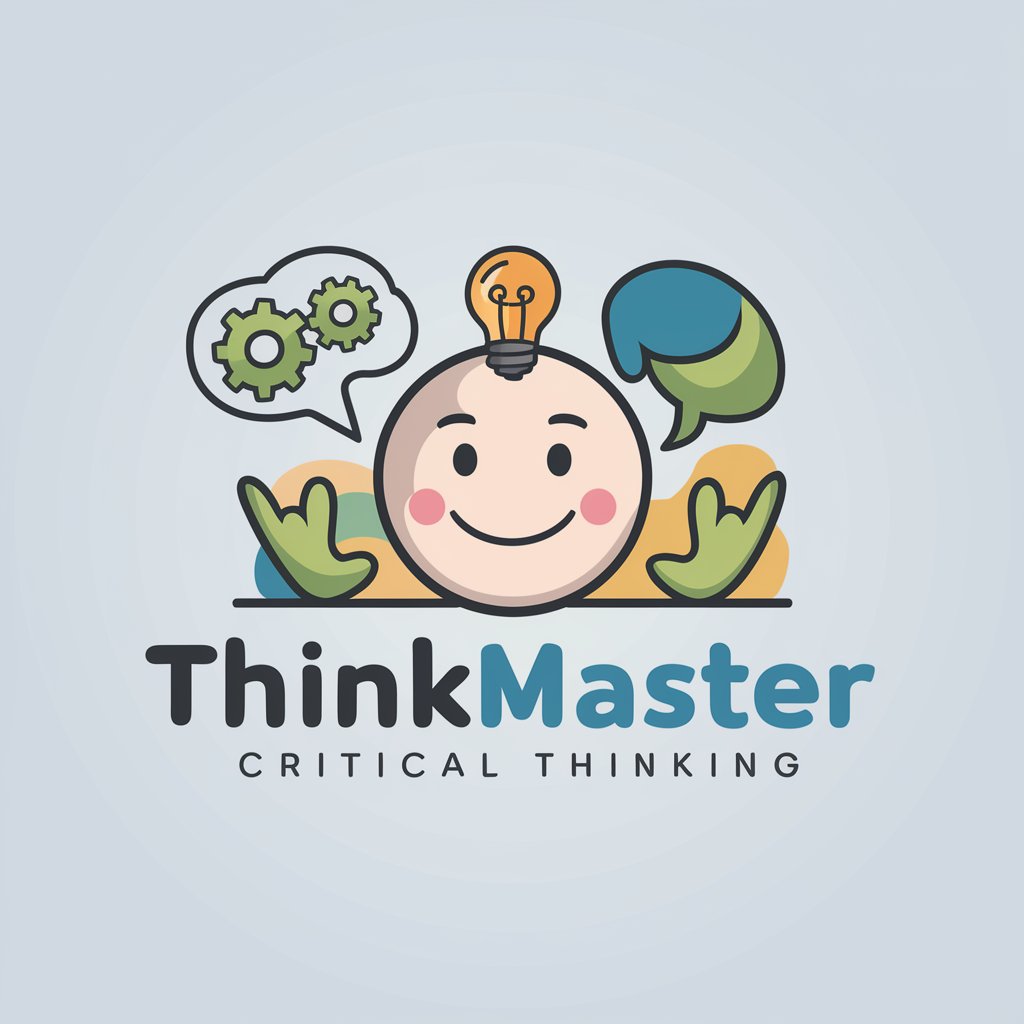
Personality Mimic
Empowering Conversations with AI Personality

👑 Data Privacy for Wedding & Event Planners 👑
Safeguarding Client Data with AI

Hierarchy Strategist
Strategize, Align, Achieve with AI

Biology Pal
Empowering students with AI-driven biology learning.

Personal Achievement Architect
Empowering goals with AI

Aerith
Revolutionizing Chat with AI Creativity

Gratitude Muse
Nurture gratitude, enrich life.

Maestro del Arte
Illuminate Art's Past with AI

Appetit
AI-Powered Culinary Creativity

Frequently Asked Questions about Codebase Analyst
What makes Codebase Analyst unique compared to other code analysis tools?
Codebase Analyst stands out by focusing on educational insights rather than just technical metrics. It helps users understand different coding styles, programming paradigms, and software design patterns across public repositories, making it ideal for learners at various levels.
Can Codebase Analyst help me improve my programming skills?
Absolutely. By analyzing and explaining code structures and practices found in real-world projects, Codebase Analyst offers a practical learning experience that can significantly enhance your coding skills and software design understanding.
Is Codebase Analyst suitable for beginners?
Yes, Codebase Analyst is designed to cater to learners at all levels, including beginners. Its explanations avoid deep technical jargon, making complex concepts more accessible to those new to programming.
How often is the information from Codebase Analyst updated?
The insights provided by Codebase Analyst are based on the latest public GitHub repositories and coding trends. While the core functionality remains consistent, the tool continuously integrates new information from the open-source community.
Can I suggest a repository for analysis?
While Codebase Analyst primarily analyzes widely recognized and documented repositories, user suggestions are welcome for consideration. This ensures the tool remains relevant and beneficial to the community's evolving needs.

